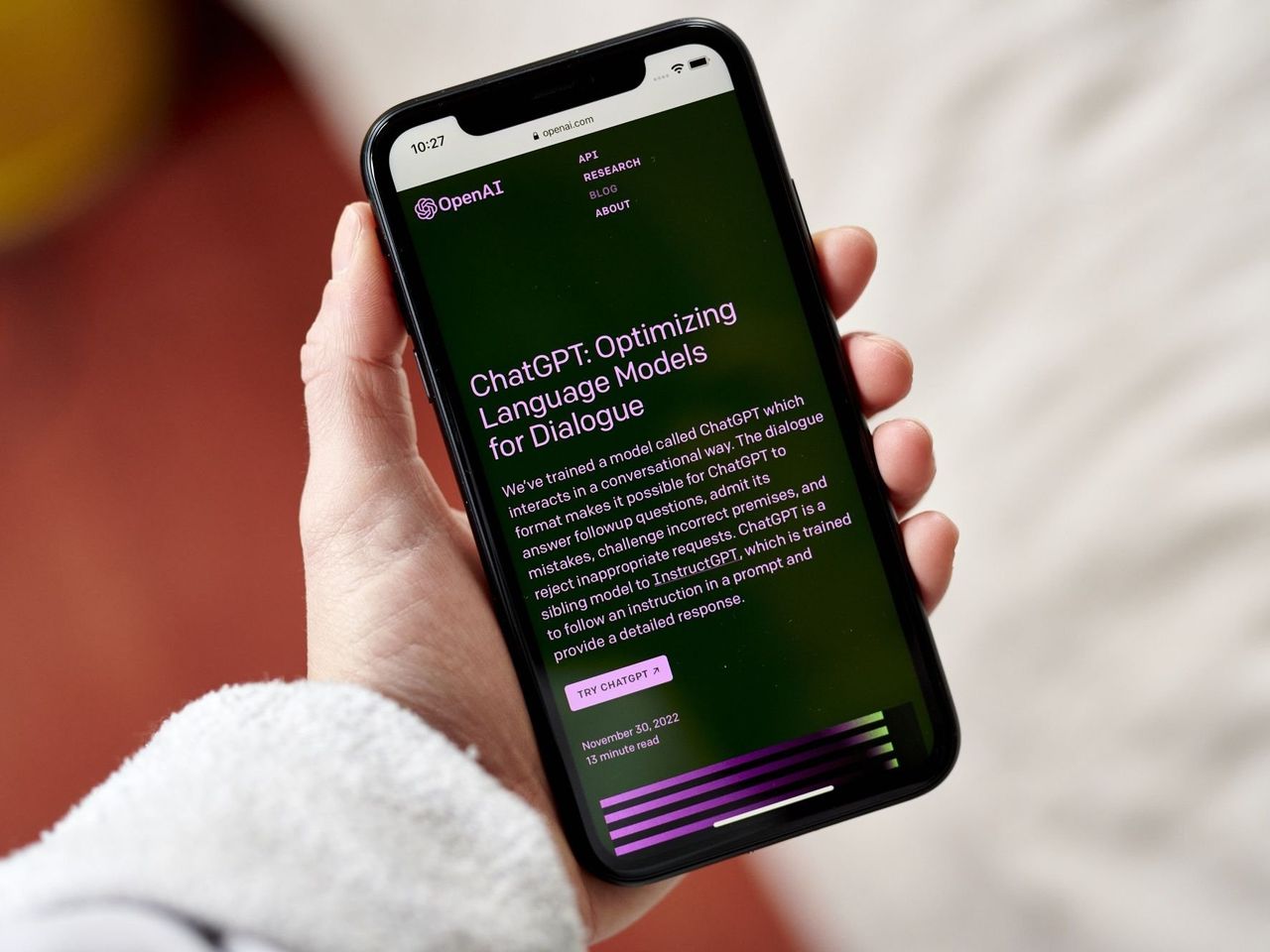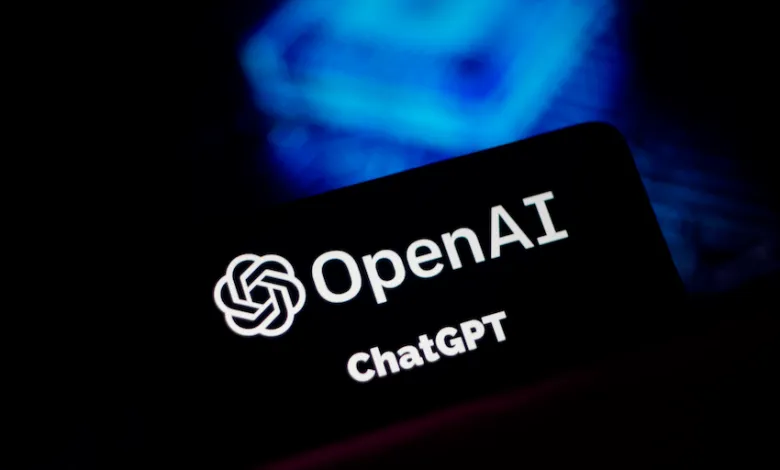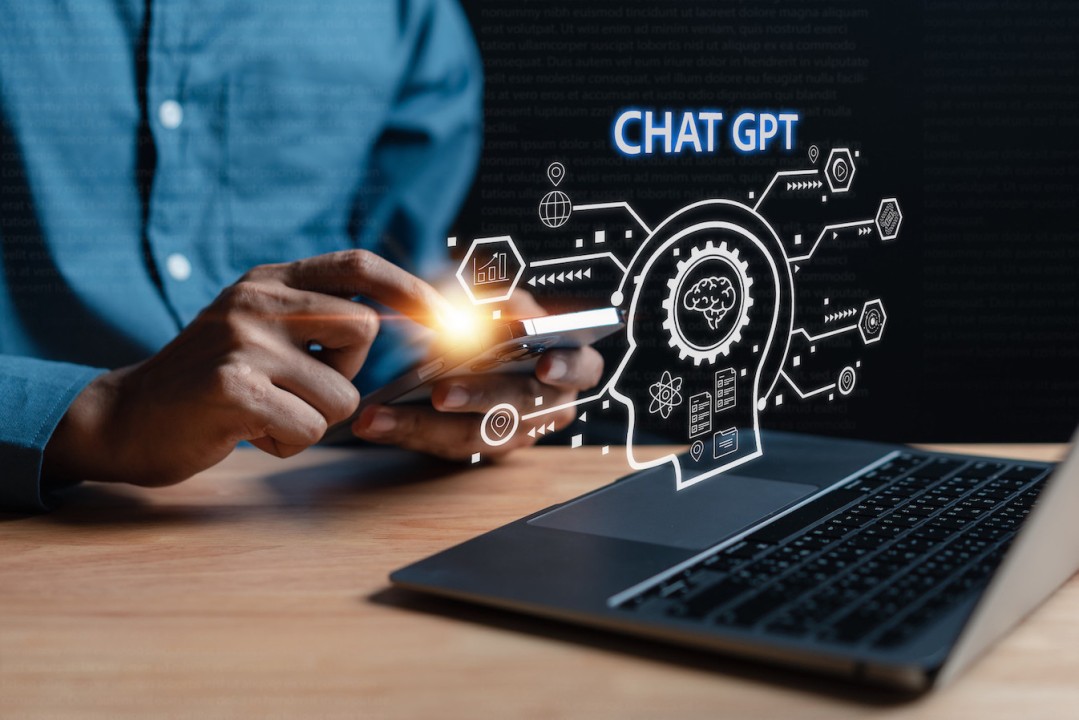
In this Article we’ll discuss that, How ChatGPT Will Significantly Modify the Influencer Space In 2023? ChatGPT has already made significant waves in the tech industry, but its potential for impact extends far beyond just that. One area in which ChatGPT is poised to make a significant impact in the coming years is in the world of influencer marketing. With its ability to generate natural, human-like language and engage with users in real time, ChatGPT is well-positioned to change the way that influencers interact with their followers, and the way that brands engage with influencers.
Before delving into the specific ways that ChatGPT is likely to impact the influencer space, it’s worth taking a moment to define what we mean by “influencer marketing.” Broadly speaking, influencer marketing refers to the practice of leveraging the social media presence and following of individuals who have built up a significant following in a particular niche or industry. These influencers are then paid by brands to promote their products or services to their followers, with the hope that this will drive increased sales and brand awareness.
ChatGPT

While influencer marketing is already a multi-billion dollar industry, there are a number of challenges that have arisen in recent years as the space has become increasingly crowded. One of the key challenges facing influencers is simply the difficulty of standing out in a crowded field. With so many individuals vying for attention on social media platforms like Instagram, TikTok, and YouTube, it can be difficult to get noticed by brands and build up a following.
Another challenge facing influencers is the growing skepticism around the authenticity of their content. As influencer marketing has become more and more popular, some brands have become wary of partnering with influencers, worried that their followers may view their endorsements as insincere or disingenuous. This skepticism can also extend to the influencers themselves, who may struggle to maintain their credibility and authenticity in the face of mounting pressure to produce more and more sponsored content.
This is where ChatGPT comes in. As an AI language model, ChatGPT has the potential to help influencers overcome many of these challenges by offering a more personalized and engaging way to interact with their followers. Here are just a few ways that ChatGPT is likely to significantly modify the influencer space in the coming years:
Personalized interactions
One of the key advantages of ChatGPT is its ability to engage with users in a personalized way. Unlike traditional chatbots, which often feel robotic and impersonal, ChatGPT is able to generate natural, human-like language that feels like it’s coming from a real person. This means that influencers can use ChatGPT to engage with their followers in a more meaningful way, answering questions, offering advice, and even providing personalized recommendations based on their interests and preferences.
For example, imagine an influencer in the beauty space using ChatGPT to offer personalized skincare recommendations to their followers. By asking a few simple questions about their followers’ skin type, concerns, and preferences, ChatGPT could generate tailored recommendations for specific products or routines that are likely to be a good fit for them. This level of personalization could help influencers build stronger connections with their followers and increase their credibility and trustworthiness.
Authentic content creation

Another way that ChatGPT could modify the influencer space is by helping influencers create more authentic and engaging sponsored content. As mentioned earlier, one of the key challenges facing influencers today is the perception that their sponsored content is insincere or disingenuous. By using ChatGPT to generate content ideas and prompts, influencers could create more authentic content that feels true to their personal brand and values.
For example, imagine a travel influencer partnering with a tourism board to promote a new destination. Rather than simply posting a generic endorsement or review, the influencer could use ChatGPT to generate creative ideas for how to showcase the destination
in a way that feels true to their personal style and interests. They could use ChatGPT to brainstorm ideas for unique experiences, off-the-beaten-path attractions, or hidden gems that align with their personal brand and values. This could result in more authentic and engaging content that resonates with their followers and feels less like a cookie-cutter endorsement.
Enhanced Data Analysis

Another area where ChatGPT could make a significant impact is in the area of data analysis. As influencers work with brands and create sponsored content, they generate a wealth of data about their followers’ interests, preferences, and purchasing habits. By using ChatGPT to analyze this data and generate insights, influencers could better understand their audience and create more effective content that resonates with them.
For example, imagine a fashion influencer partnering with a clothing brand to promote a new line of products. By using ChatGPT to analyze their followers’ past interactions with their content, the influencer could identify which types of products or styles are most likely to resonate with their audience. They could also use ChatGPT to generate insights about their followers’ purchasing habits, such as which price points are most popular or which types of promotions are most effective.
Improved Collaboration With Brands

Finally, ChatGPT could also help influencers improve their collaborations with brands. By providing a more efficient and effective way to communicate with brands, influencers could streamline the collaboration process and reduce the amount of time and effort required to create sponsored content. ChatGPT could also be used to facilitate more collaborative and creative partnerships, as influencers and brands work together to develop more innovative and engaging campaigns.
For example, imagine a food influencer partnering with a food brand to promote a new product. By using ChatGPT to communicate with the brand, the influencer could easily share ideas and feedback, and collaborate on the creation of the content. They could also use ChatGPT to generate creative ideas for how to showcase the product in a way that resonates with their followers, such as by creating unique recipes or cooking tutorials.
Overall, ChatGPT has the potential to significantly modify the influencer space in a number of ways. By offering a more personalized and engaging way to interact with followers, helping influencers create more authentic content, facilitating data analysis and collaboration with brands, ChatGPT could help influencers stand out in a crowded field and build stronger connections with their followers. As the influencer industry continues to evolve and grow, it will be exciting to see how ChatGPT and other AI technologies continue to shape and transform the space.
Read More:How to Format Invoice Freelancers In 2023
Ethical Concerns
One of the biggest concerns with the use of AI in the influencer space is the potential for unethical behavior. As ChatGPT becomes more advanced, there is a risk that some influencers may use it to deceive their followers or engage in unethical practices. For example, an influencer might use ChatGPT to generate fake testimonials or endorsements, or to create misleading or inaccurate content.
To mitigate this risk, it will be important for influencers and brands to establish clear guidelines and ethical standards for the use of AI in the influencer space. This might include requirements for transparency and disclosure, as well as guidelines for how AI-generated content should be labeled and presented to followers.
Bias and Accuracy
Another potential challenge with the use of AI in the influencer space is the risk of bias and inaccuracy. ChatGPT is only as accurate and unbiased as the data it is trained on, and there is a risk that biases or inaccuracies in the training data could be amplified in the AI-generated content.
To address this challenge, it will be important for influencers and brands to carefully vet the training data used to train ChatGPT, and to monitor the accuracy and bias of the AI-generated content. This might involve using independent auditors or third-party validation to ensure that the content generated by ChatGPT is accurate and unbiased.
Technical Challenges
Finally, there are also potential technical challenges associated with the use of ChatGPT in the influencer space. For example, there may be issues with compatibility between different AI platforms or tools, or challenges with integrating ChatGPT with existing influencer marketing platforms.
To address these challenges, it will be important for influencers and brands to work closely with AI developers and technical experts to ensure that ChatGPT is integrated smoothly and seamlessly into their existing workflows and systems.
Despite these potential challenges, the use of ChatGPT in the influencer space has the potential to revolutionize the way that influencers interact with their followers, create content, and collaborate with brands. By leveraging the power of AI, influencers can create more engaging and authentic content, gain deeper insights into their followers’ interests and preferences, and build stronger and more effective collaborations with brands. As the influencer space continues to evolve, it will be exciting to see how ChatGPT and other AI technologies continue to shape and transform the industry.
Conclusion
ChatGPT has the potential to significantly modify the influencer space in a variety of ways, from improving engagement with followers to streamlining collaboration with brands. However, as with any emerging technology, there are also potential risks and challenges that must be addressed in order to ensure that ChatGPT is used ethically and effectively.
Ultimately, the successful integration of ChatGPT into the influencer space will depend on the ability of influencers, brands, and AI developers to work together to establish clear ethical standards, address technical challenges, and monitor the accuracy and bias of the AI-generated content. With these considerations in mind, ChatGPT has the potential to unlock a new level of creativity, authenticity, and engagement in the influencer space, and to help influencers stand out in a crowded and competitive industry.
As AI technologies continue to advance and evolve, it is likely that we will see even more innovative and transformative applications of ChatGPT and other AI tools in the influencer space and beyond. Whether it’s through the development of new AI-powered marketing platforms, more sophisticated data analysis and personalization tools, or other cutting-edge applications, the future of AI in the influencer space is bright, exciting, and full of possibilities.











